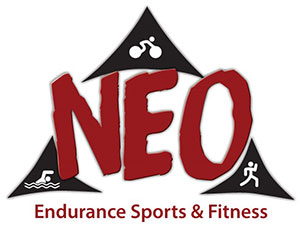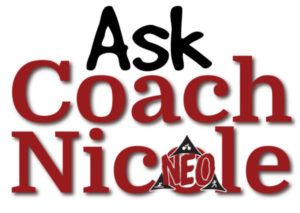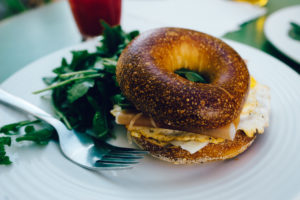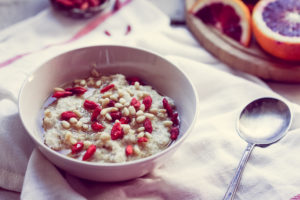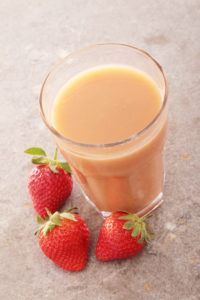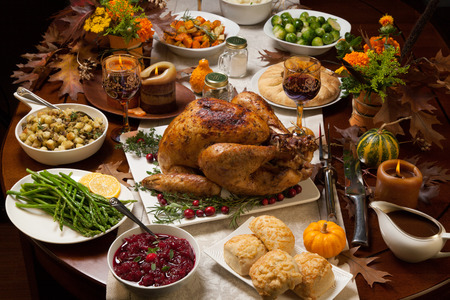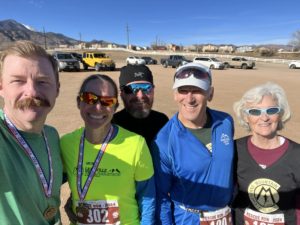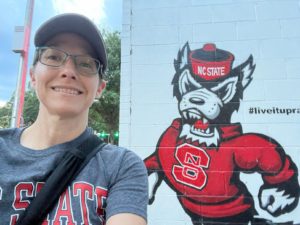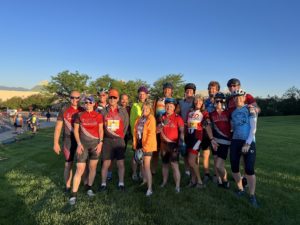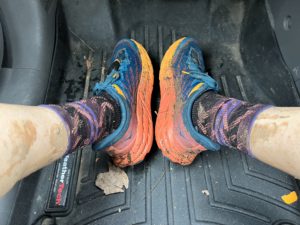Are you an endurance athlete with questions? We all know there is a ton of information floating around the internet, in magazines, provided from your friends and training partners, and in the bike, running, and triathlon shops.
Sometimes it can leave you confused or overwhelmed.
Let me answer your questions! [It will be like getting a little coaching session from me for free!]
If you have a burning question, or even just a slight curiosity, send it my way by filling out this form.
At least once a month I’ll be posting an “Ask Coach Nicole” feature on the blog. I promise to give you my best answer to your endurance sport training and racing question!
Don’t be shy…Ask Coach Nicole.
Here is a question I get asked every year:
How much should you eat before a race/morning of? Do you slim up to be lightweight or load up on fuel?
I am sure this question or one very similar has gone through all endurance athlete’s minds at one time or another. We know that eating quality foods provides our bodies with a fuel source, so how much of it do we need to eat before a race.
To answer this, we need to consider a few things.
- How long is the event (duration)?
- What type of event is it? Running has higher impact than cycling which gives more opportunities for gastric distress?
- What intensity do you plan on racing? – half-IRONMAN distance triathlons are “less intense” than a 5k road race for most people.
- What time does the race start and how early do you want to get up.
- What can you tolerate?
First, let’s assume you are well hydrated (drank ~16oz before bed and another 16-24oz when you woke up). We’ll also assume you’ve been eating well the several days before the race and your muscle glycogen stores are full (approximately 1400-1800 calories can be stored in the muscles).
When you wake up on race morning, and every morning, you are in a depleted state. Since you haven’t eaten anything since the night before, your liver has been sharing its glycogen (glucose) with your blood to keep your blood glucose levels stable. So one thing we need to do is replenish our liver glycogen stores by eating some carbohydrates, so I definitely do not recommend racing on an empty stomach.
Let’s look at a race example and then a couple fueling scenarios:
Morning Olympic-distance triathlon and your wave starts at 6:45am. The average age-grouper can probably expect to be on the course about 3 hours and be racing at a moderately intense effort level. Since this is a significant effort, you are probably going to want some fuel in the tank. Your muscle glycogen (assuming 1600 calories) will most likely be burned through in about 2 or so hours on that race course. So fueling during a race will be important as well (but that’s another topic we can discuss at a later date).
Fueling Scenario #1:
It is typically recommended to eat a substantial meal 3-4 hours before your race (or workout). Three hours before you start would be 3:45am, so you could wake up, eat about 1.5g carb/lb of body weight, then go back to sleep for an hour or so – depending on when you need to get to the race site. If you have learned through your training that you do better with a larger meal before your race, then this might work for you. Some examples of meals would be a couple sports bars, a large bowl of oatmeal, or a large bagel with peanut butter and a banana.
Fueling Scenario #2:
You want those extra Zs and you don’t need to get up much more than 2hrs before your race to get to the race site on time. So in this case, you can eat when you get up and have a smaller meal of about 1g carb/lb of body weight. For example, a small bowl of oatmeal and a banana might be sufficient here.
Fueling Scenario #3:
You try, but you just can’t stomach much in the morning and race day nerves get to you. In this case, sleep as long as you can, then get 30-60g of carbohydrate calories from fluid beverages (some people like drinks like Ensure), sports drink and consume an energy gel 15-20minutes prior to the race start. This will make sure you are starting with a little fuel.
Some additional comments:
Learn what you can tolerate. Everyone is different and should practice their race-day nutrition strategy during their training. For shorter races you would not need to consume as much prior to the race, as your muscle glycogen stores are there for you.
You might have a good 5k race on a small energy bar and some sports drink an hour or two before the race since your race will probably be 30min or less. Also, the more intense the activity and greater the impact (like running), the greater chance for stomach distress, so make sure you do some training at race day intensity. Cycling is low impact so many people can eat substantial amounts before and during a ride; however, the more intense the activity, the more blood that is diverted from your digestive systems to your muscles. Eating that large stack of pancakes right before the big hill climb might not be a good idea.
For longer races (which tend to be less intense) it is likely beneficial to eat a larger breakfast. This might also help prevent that hungry feeling while you are out on the course. If you like numbers, the typical recommendation for carbohydrate consumption is 0.5g carb/lb body weight for every hour before your race or workout. So if you eat 1hr before your workout, 0.5g/lb, 2hrs= 1g/lb, 3hrs = 1.5g/lb, 4hrs = 2g/lb.
These are just recommendations and you need to find what works for you. You will probably want to read product labels to find out how many grams of carbs are in what you eat. You should also consider keeping a training log that includes nutrition so you can learn (and remember) what works and what doesn’t.
Please leave comments if you have any questions about this topic, or if you have other questions that you would like to see answered in the ‘Ask the Coach’ column.
